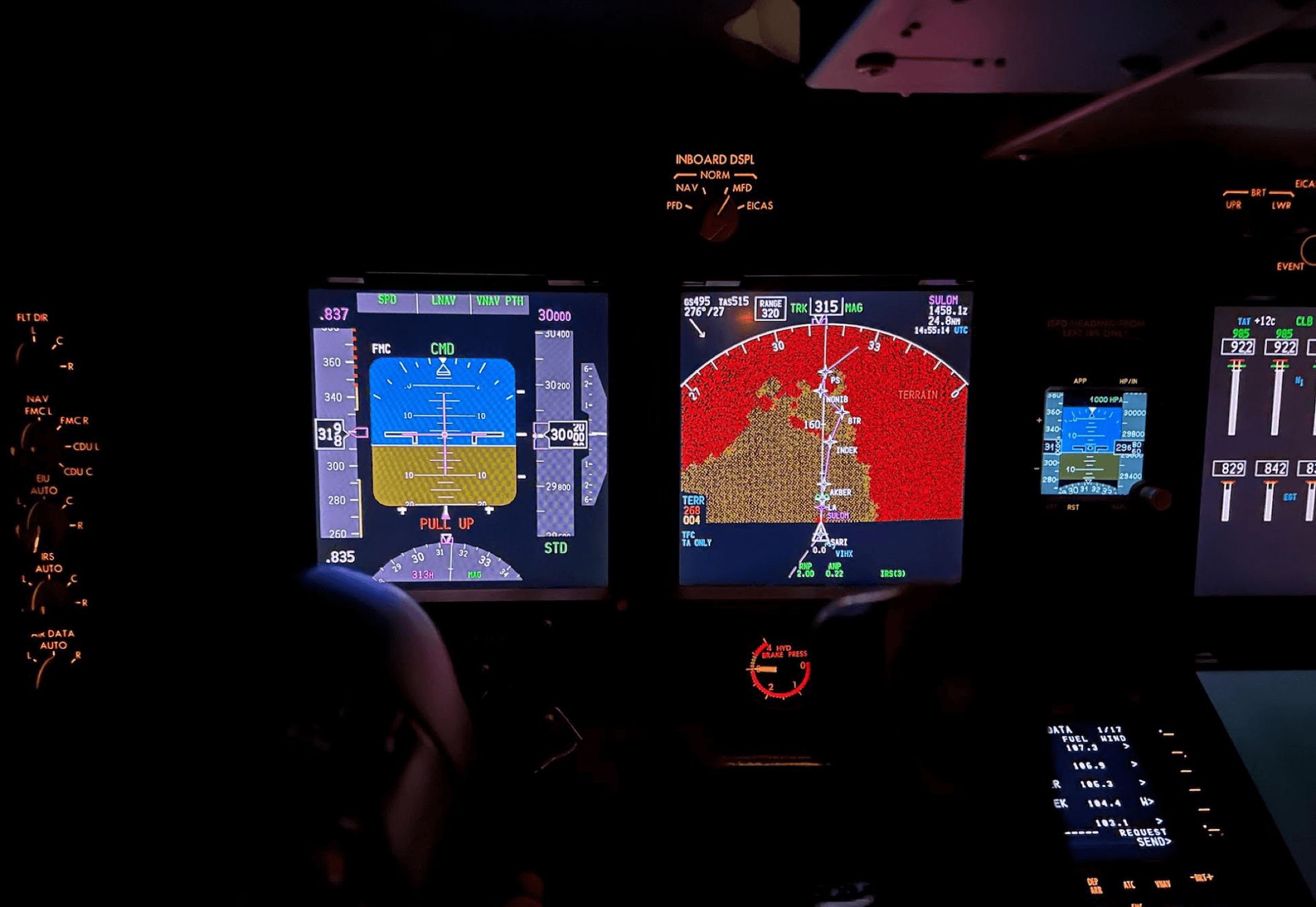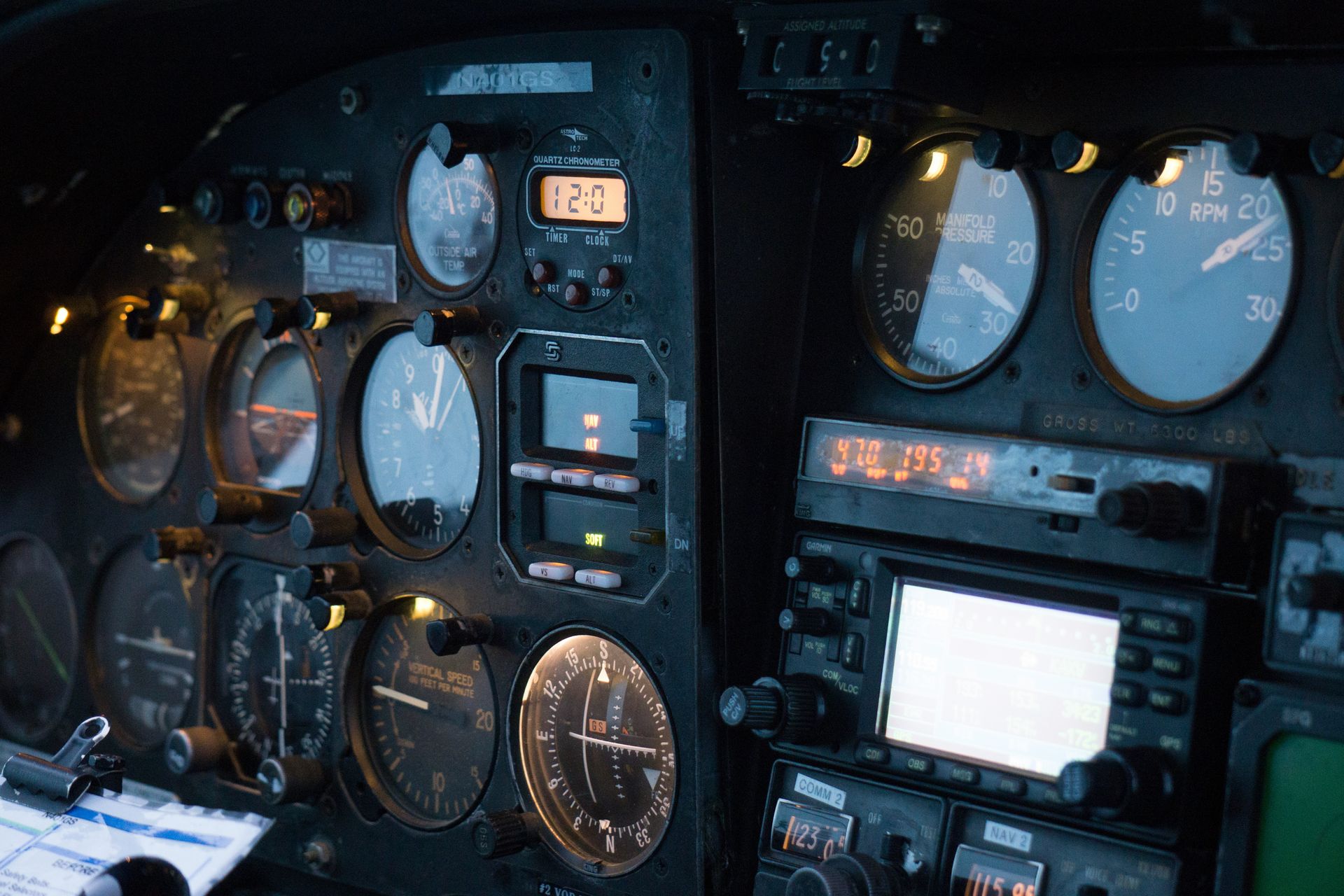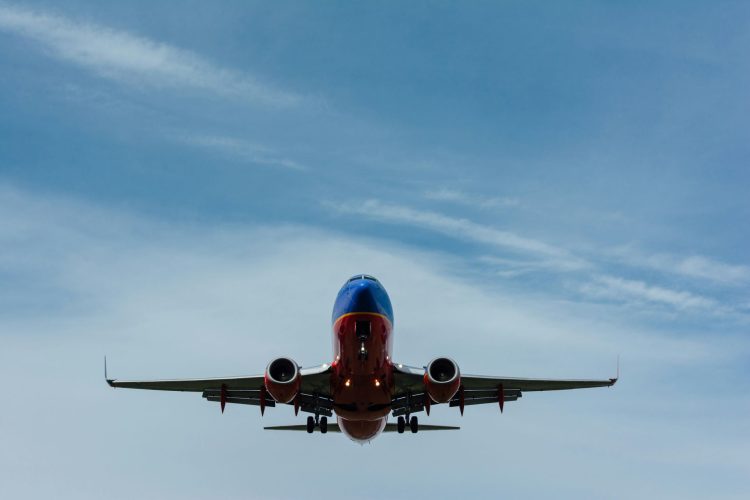Recent developments in cybersecurity have revealed a worrying trend for the aviation industry: GPS spoofing is no longer just about diverting airplanes. According to cybersecurity experts, it has evolved into something even more unsettling – manipulating time systems on commercial airplanes.
A 400% increase in GPS spoofing cases in recent months has come to the attention of aviation advisory body OPSGROUP. This increase is particularly pronounced in conflict zones, where illegal ground-based GPS systems are deliberately transmitting false locations to disrupt air traffic. The consequences go much deeper than simply changing the position of an aircraft; they now extend to tampering with the clocks that pilots rely on during flight.
Otto the Autopilot is off to @defcon to support @SecureAerospace as always. Find him at the A320 flight sim, or at 6am at the DEFCON run outside the LVCC. See ya there! pic.twitter.com/K2JLsuvIF1
— Ken Munro (@TheKenMunroShow) August 6, 2024
The ticking time bomb in the sky
Ken Munro, founder of British cybersecurity firm Pen Test Partners, highlighted this new dimension of GPS spoofing at the DEF CON hacking convention in Las Vegas. Munro explained that while GPS is often associated with positioning, it is also a critical source of time synchronization. When these signals are disrupted, the effects can be far-reaching.
In one alarming case, an airplane’s onboard clocks were hacked and pushed forward by years. This unexpected time jump caused the plane to lose access to its encrypted communications systems, and it remained grounded for weeks while engineers scrambled to manually reset the in-flight systems. The name of the airline or the plane has not been released, but the incident underscores the potential chaos such an attack could cause.

How serious is the threat?
While Munro notes that these disruptions are unlikely to cause a plane to crash, the risk lies in the potential for a cascade of events. A small disruption in time synchronization can lead to a series of small problems that can snowball into a major problem.
The reliance on GPS compared to traditional ground devices has made aircraft more vulnerable to such attacks. Unlike the sophisticated technology used in aviation, GPS signals can be easily intercepted or disrupted with readily available parts and basic information. In April, for example, Finnair was forced to temporarily halt flights to the eastern Estonian city of Tartu due to GPS spoofing, which Estonian authorities blamed on neighboring Russia.

Navigating the future of aviation security
The increasing sophistication of GPS spoofing shows that the aviation industry must reconsider its reliance on this technology. As hackers continue to discover new ways to disrupt systems, the focus must shift from simply preventing rerouting to ensuring the integrity of all critical systems, including time synchronization.
While the aviation industry has always been a target for malicious actors, the advent of GPS spoofing marks a new chapter in the ongoing battle between security experts and those looking to exploit vulnerabilities. The question now is how quickly the industry can adapt to these emerging threats and what measures can be implemented to safeguard the skies.
This story serves as a reminder that in the rapidly evolving field of cybersecurity, staying one step ahead is not just important—it’s essential for the safety and reliability of air travel.
Featured image credit: Gary Lopater / Unsplash





